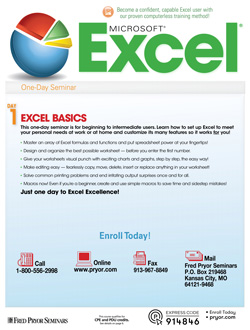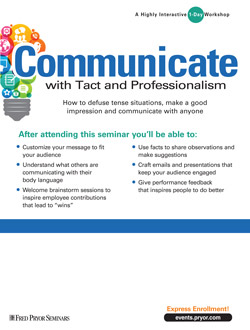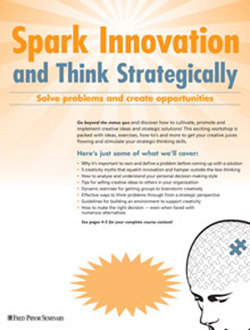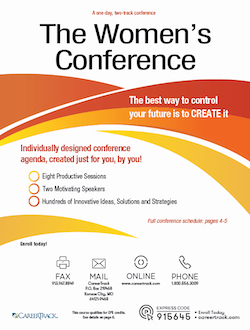Break the Barriers to Feedback with Better Feedback Skills
- Author: Sheryl McAtee
- Categories:
- Tags:
- Share on:
Effectively delivering and receiving performance feedback in the workplace remains one of the greatest challenges facing most managers – but it is also the fastest way to get results. Let’s look at some communication skills that can help both managers and employees maximize the benefits of feedback conversations.
- Curiosity is a very important aspect of active communication. Why does the other person do things they do? Asking this with genuine curiosity leads to open conversations and two-way dialogue. Here’s an example: “Bob, I was hoping you might walk me through how you approach Task ABC, as I’d like to look at how we might save some time there. When could we do that?” This is a transparent and open question, with a goal – and does not pre-suppose a solution. Much better than, “Bob, you really need to do Task ABC faster.”
- Listening must accompany curiosity for success. Check to see how often you interrupt others – if that’s a habit for you; realize its impact as a key barrier to effective communication. Force yourself to really listen all the way through what someone else has to say – and then paraphrase it back to them. This tests your understanding, and shows that you really heard the other person.
- Acceptance of Complexity. In today’s world, many of us focus communication on the quick win. Assigning the task, getting a Yes or No, checking the box. Rarely are difficult topics black and white, and rarely is one person fully right and the other fully wrong. When difficult feedback is needed, take a deep breath and commit to learning the other person’s story. Accepting complexity is a great way to improve your communication skills at work.
- Vulnerability. It’s hard to admit that you are wrong or that you screwed up. Giving and receiving feedback, though, requires that you be open to the possibility that you hurt another person, misread a situation, or just made an incorrect assumption. Being open is being vulnerable – and is one of the key skills underlying effective communication.
Communication and feedback are key to both organization performance and employee engagement. These four skills – curiosity, listening, acceptance of complexity and vulnerability – are vital support tools to maximize the benefit of the feedback experience.
Choose a Seminar and Save $10
Communication Skills for Women
- CEU: 0.6
- CPE: 6
- HRCI: 5.5
- PDC: 6
Team Training - Virtual or In-person
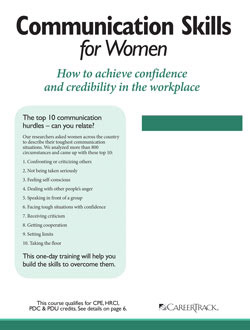
From /person
How to Become a Great Communicator
- CEU: 0.6
- CPE: 6
Team Training - Virtual or In-person

From /person
How to Deliver Presentations with Ease and Confidence
- CEU: 0.6
- CPE: 6
Team Training - Virtual or In-person

From /person
Managing Emotions Under Pressure
- CEU: 0.6
- CPE: 6
Team Training - Virtual or In-person

From /person
Developing Emotional Intelligence
1 Day
- CEU: 0.6
- CPE: 6
- HRCI: 5.5
- PDC: 6
Virtual Seminars:
-
Apr 23
-
Apr 24
-
Apr 30
-
+ 39 more dates
In-Person Events:
- May 15, Sacramento, CA
- May 22, King of Prussia, PA

From /person
